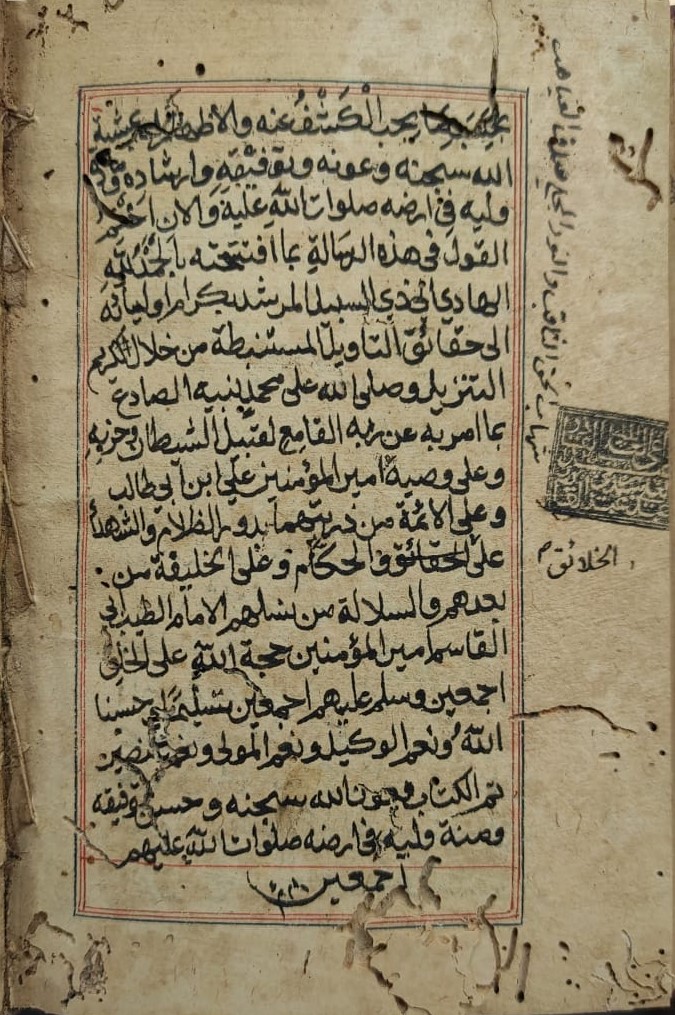‘In Search of the Sources of the Sources: Exploring Fatimid Libraries of North Africa’ by Dr Kumail Rajani, University of Exeter
Soon after the Fatimids established their hegemony over North Africa, a new genre of literature was produced under the rubric of ʿulūm Āl al-Bayt (sciences of the progeny of the Prophet). Works on history, theology, law, polemics, esoteric sciences, allegorical interpretation of the Qurʾan, biographical literature among several other were produced. It is evident that Fatimid scholars had to have recourse to earlier collections of Medina, Egypt, Yemen, Baghdad and Qum as they cite them consistently in their writings and incorporates them into their works. These early collections, most of which no longer exist, equipped the scholars with the raw material from which they formulated and systematised various aspects of Ismaʿili beliefs and practices. It is detailing these lost sources and highlighting their role in enabling us to make sense of early Shiʿite literary activities that my talk will be primarily concerned.
FOLLOW THIS LINK TO REGISTER FOR THIS EVENT
About the Speaker:

Dr Kumail Rajani is a Postdoctoral Research Fellow in Islamic Studies at the Institute of Arab and Islamic Studies, University of Exeter
He is the recipient of the Post Doctoral Writing Fellowship from the British Institute for Libyan and Northern African Studies (BILNAS). Though primarily focused on the origins and development of hadith corpora, his research includes Islamic law, legal theory, and Shiʿi studies more broadly. He recently published an article entitled “Between Qum and Qayrawān: Unearthing early Shii ḥadīth sources” (BSOAS 84/3, 2021). He also edited The Sound Traditions: Studies in Ismaili Texts and Thought (Brill, 2021) and co-edited Shiʿite Legal Theory: Sources and Commentaries (forthcoming, 2022). He is currently working on converting his PhD (Making Sense of Ismaili Traditions: The Modes and Meanings of the Transmission of Ḥadīth in the Works of al-Qāḍī al-Nuʿmān (d. 363/974), Exeter) into a monograph, among other pursuits. Rajani spent a number of years in Shiʿite seminary (Ḥawza) of Qum studying and teaching classical Islamic texts of ḥadīth, fiqh and Islamic legal theory.




